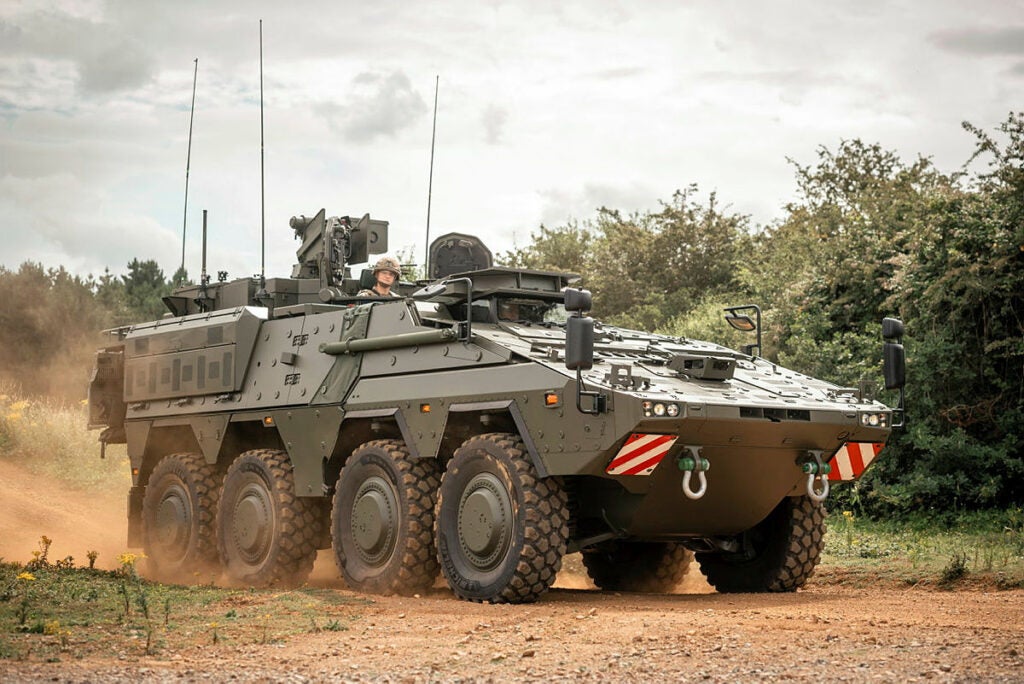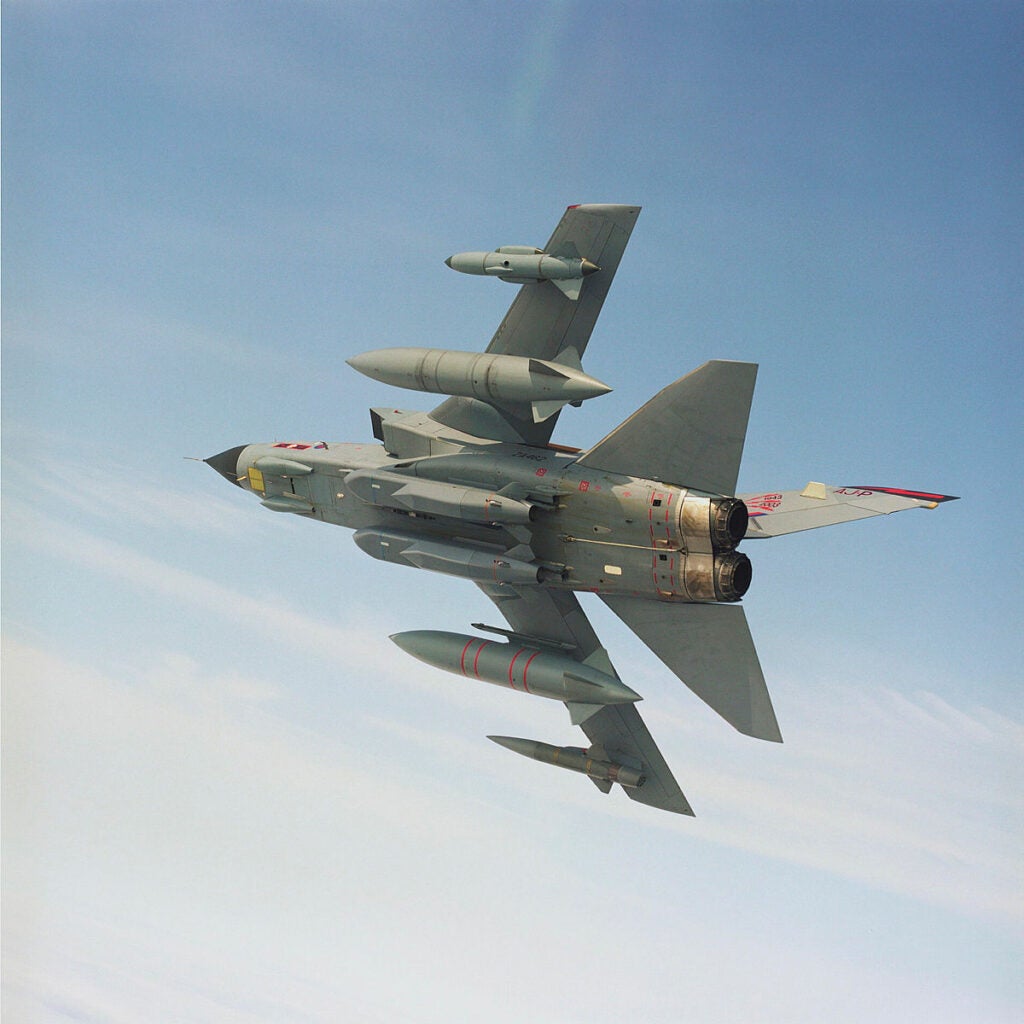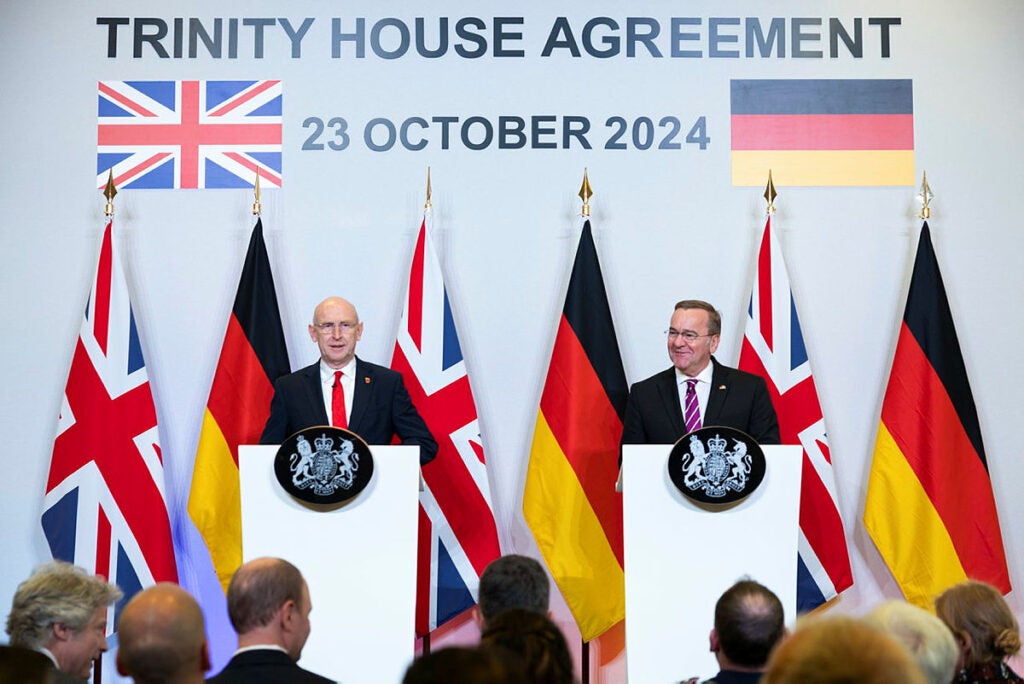New Anglo-German Agreement Boosts Defense Cooperation
Last week, the UK and Germany announced a new defense deal which will tighten cooperation between the two allies across a number of areas. The Trinity House Agreement will see defense industry investments, cooperation on defense research, and the deployment of German aircraft to UK airfields.
According to British Defence Secretary John Healey:
“The Trinity House Agreement is a milestone moment in our relationship with Germany and a major strengthening of Europe’s security. It secures unprecedented levels of new cooperation with the German Armed Forces and industry, bringing benefits to our shared security and prosperity, protecting our shared values and boosting our defense industrial bases.”
One example of industrial cooperation under the agreement includes a long-term commitment to manufacturing the Boxer AFV which is being produced in both states. Rheinmetall is also set to open an artillery barrel factory in the United Kingdom. Large-caliber gun barrels have not been manufactured in the UK in over 10 years, and the factory is expected to generate approximately 400 jobs. The barrels will use British steel from Sheffield Forgemasters.

As for new technology, the two countries will work on an long-range precision strike missile which is meant to exceed the range and accuracy of the current Storm Shadow. Research will also be conducted on drones which would operate with fighter aircraft as part manned-unmanned teams, and new “Maritime Uncrewed Air System capabilities”. The allies will also “exploring new offboard undersea surveillance capabilities to improve detection of adversary activity” in order to protect underwater cables in the North Sea.

Finally, the agreement will expand the level of ongoing military cooperation. German P8 aircraft will begin to operate periodically out of Lossiemouth, Scotland. Anglo-German joint training exercises are set to become more frequent, and the two states will work jointly with NATO partners to “to integrate air defence systems to better protect European air space against the threat of long-range missiles”.

